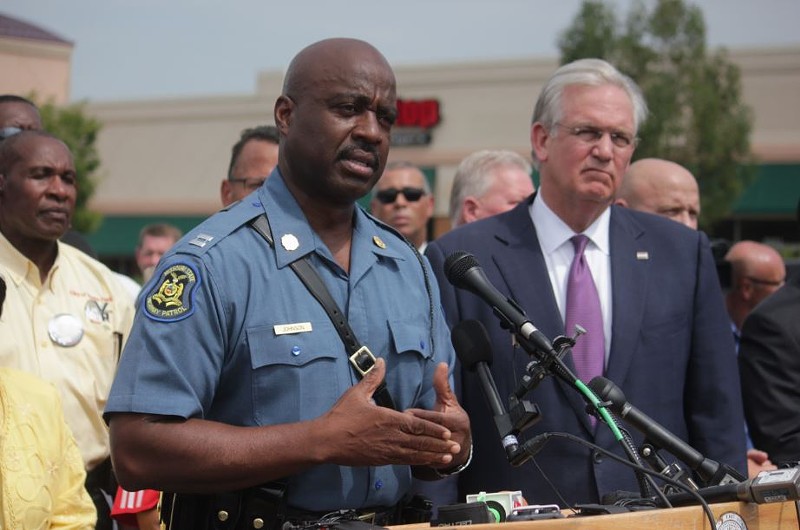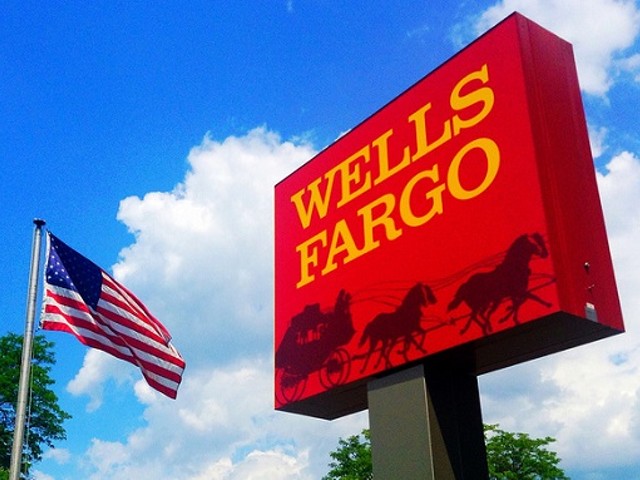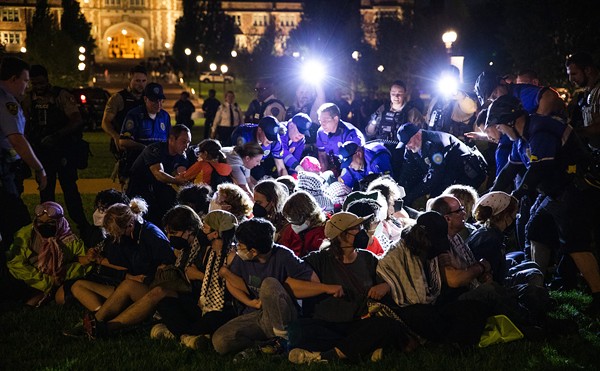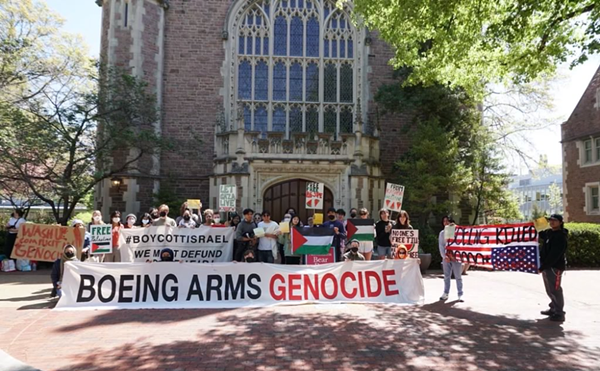
Danny Wicentowski
Captain Ron Johnson, shown here during a press conference on August 15, 2014, was handed the reins to the Ferguson command after nights of unrest.
When Ron Johnson, a captain with the Missouri Highway Patrol, was named commander of Ferguson operations on August 14, 2014, he was stepping into a situation that had already stretched multiple police departments to the breaking point. The previous night, officers from the St. Louis County Police Department donned riot gear, drove armored vehicles along residential streets and deployed startling quantities of tear gas. The nation watched with horror.
Enter Johnson. On that first day of his command, he marched with protesters down West Florissant Avenue — a sign that many hoped indicated an improving relationship between law enforcement and the Ferguson community.
Of course, those hopes were dashed in the days, weeks and months that followed. And we now know, thanks to a Department of Justice report released this week, that Johnson's leadership also created tension between himself and other officers, some of whom felt that the 26-year veteran put too much effort into schmoozing the media and the community, and not enough into coordinating the tactical needs of those under his command.
According to the report:
The incident commander, Captain Johnson, was involved in extensive community engagement efforts and media interviews. As a result, he was less engaged in day-to-day, hour to-hour incident command responsibilities and instead became the public face for the police response. As a result, the full responsibilities of incident command were often not executed. This resulted in a diminished ability to spend time monitoring the changes in staffing needs, to provide direction for command, and to engage in effective communications with commanders and deployed personnel.Interviews with law enforcement and community members suggested to the DOJ that the Missouri State Highway Patrol’s approach to incident command was to provide more information, to be more engaged with the community, and to lessen the military image of law enforcement. However, this approach was either badly communicated to the officers, or misunderstood by them — or perhaps, the report suggests, the officers may have actively resisted this approach.
Consequently, according to interviews with officers and commanders, morale among officers dropped and inconsistent incident management decisions were being made. At the same time, the media was appreciative of his command; one report said Johnson “was specifically praised by many interviewees for his willingness to engage in dialogue, answer questions, and interact with protesters and the press."
From the perspective of the officers interviewed, the strategy for managing the demonstrations was constantly changing, and the tactical directions they were given often failed to clearly follow the changes in strategy. True, the report credits Johnson's command as a model for community-oriented policing, quoting a community member as saying, "Things could have been worse if it had not been for the leadership of Captain Johnson.” But the report also faults Johnson for not fulfilling his role as a commander.
In fairness to Johnson, some of the very things the media liked wounded the morale of the officers beneath him. Johnson's decision not to arrest protesters (and in at least one instance, individuals in the act of looting) seemed to injure the pride of some of his troopers.
“We are the highway patrol: we ask people, we tell people, and then we make people comply [with lawful orders], and in this incident, we did none of that," said one trooper. Another trooper told the DOJ, "Peaceful protesters, residents, and even business owners were asking us, ‘Why are you here if you are not going to do anything?’”
This isn't the first evidence of the discontent sparked by Johnson's command, but it does help explain why Johnson's role as commander lasted only two days before Governor Jay Nixon declared a state of emergency, called in the National Guard and imposed a midnight curfew.
Back in November, emails obtained by the Associated Press documented the mixed reaction to Johnson's handling of Ferguson.
“The actions of Captain Johnson have infuriated me,” a retired trooper wrote to Missouri State Highway Patrol Colonel Ron Replogle. “He has single-handedly destroyed the reputation of the Missouri State Highway Patrol.”
We reached out to the Missouri Highway Patrol seeking comment from Johnson. The response, which was not attributed to Johnson, made no mention of the report's details.
"The Missouri State Highway Patrol has already implemented lessons learned from its own review of events in Ferguson, which has included listening to the concerns of members of the public," the response read, in part. "The Patrol is committed to continuing the process of strengthening trust and improving law enforcement – community relations."
Unlike his counterparts in St. Louis County and St. Louis city, Johnson has mostly faded into the background of the region's struggle to fix the relationships between police and black communities. In a November interview with Esquire, Johnson admitted that his days as commander were so intense and stressful that he sometimes had to retreat to a bathroom and "let the tears out."
"I'm just trying to be that wall in the middle of the road for now," Johnson said at the time, "so that when I step away everybody can reach over, embrace each other and connect."
Follow Danny Wicentowski on Twitter at @D_Towski. E-mail the author at [email protected]





